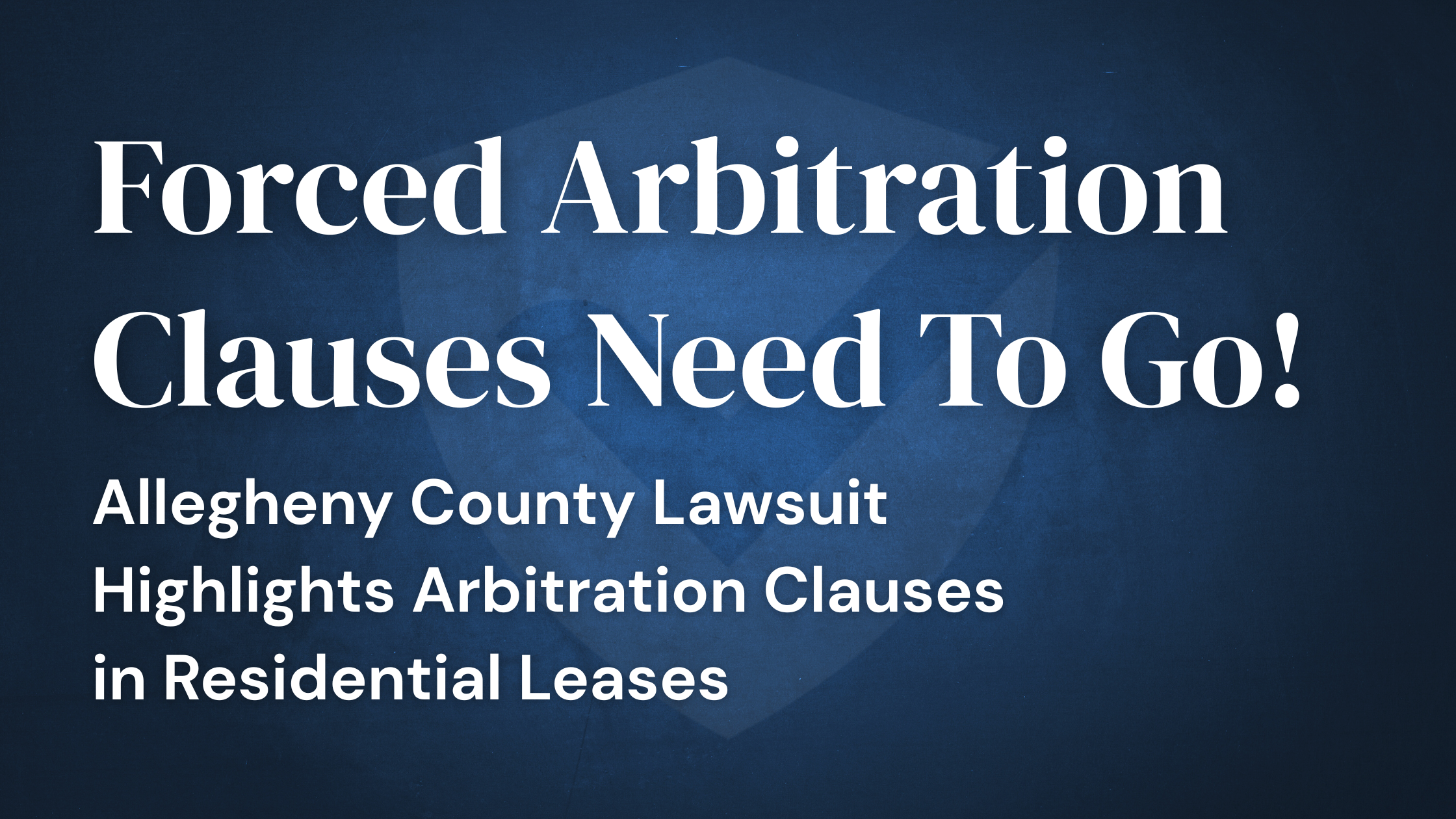Understanding Arbitration and How It Impacts Timeshare Fraud Cases
What is Arbitration?
Arbitration is an alternative way to resolve disputes without going to court. Instead of appearing before a judge or jury, parties present their case to a neutral third-party, called an arbitrator. This process still involves sharing evidence, presenting arguments, and even questioning witnesses, but it normally happens outside of a courtroom setting.
Why Are Timeshare Fraud Cases Often Arbitrated?
Timeshare companies often require arbitration in their contracts. This isn’t an accident. These companies often prefer arbitration because it helps them avoid jury trials, where a sympathetic jury might side with the consumer, especially if deceptive or unfair practices were involved.
Here’s why timeshare developers prefer arbitration:
- Arbitration eliminates the unpredictability of a jury trial.
- It keeps disputes confidential and out of public view.
Here’s an example of what an arbitration clause from a typical timeshare contract might look like:
“Any dispute arising from this agreement will be settled exclusively by binding arbitration under the rules of the American Arbitration Association (AAA).”
How Arbitration Works: Organizations and Costs
Two major organizations manage arbitrations in the U.S.: the American Arbitration Association (AAA) and Judicial Arbitration and Mediation Services (JAMS). These organizations handle paperwork, assist in choosing an arbitrator, and coordinate the entire arbitration process.
Recognizing that companies have significantly more resources than consumers, both AAA and JAMS have special consumer-friendly rules. These rules drastically reduce how much consumers must pay, usually only $200-$300. The company must pay the rest of the arbitration expenses, often thousands of dollars.
The Real Cost of Arbitration: Why It Matters
Arbitration can be expensive, often at least $10,000, and sometimes upwards of $30,000. Why so costly? Arbitrators charge hourly rates, sometimes as much as $900 an hour. Additionally, administrative fees from arbitration organizations can easily reach thousands of dollars.
This is important for consumers to know, because even though you’re paying only a small fee (around $200–$300), the company must cover the bulk of the arbitration expenses. Essentially, the timeshare company faces significant upfront costs just to defend the case.
How Arbitration Costs Can Benefit Consumers
Because arbitration is expensive for timeshare developers, consumers with legitimate claims have more leverage than they might realize. When a consumer initiates arbitration, the developer is already under financial pressure because they must:
- Pay their attorneys, often charging between $500-$800 an hour.
- Cover most arbitration costs, often tens of thousands of dollars.
- Face the risk of losing the case and potentially owing significant compensation.
This financial pressure often motivates timeshare companies to settle disputes more quickly and fairly, placing consumers in a stronger position to resolve their issues favorably.
If you believe you’ve experienced timeshare fraud, understanding arbitration can empower you to seek justice effectively.



